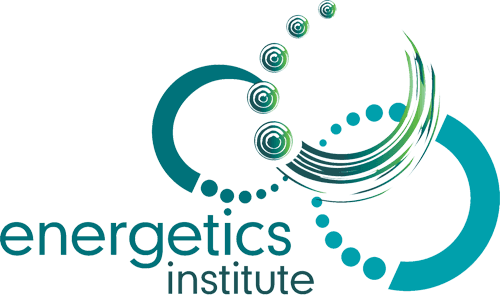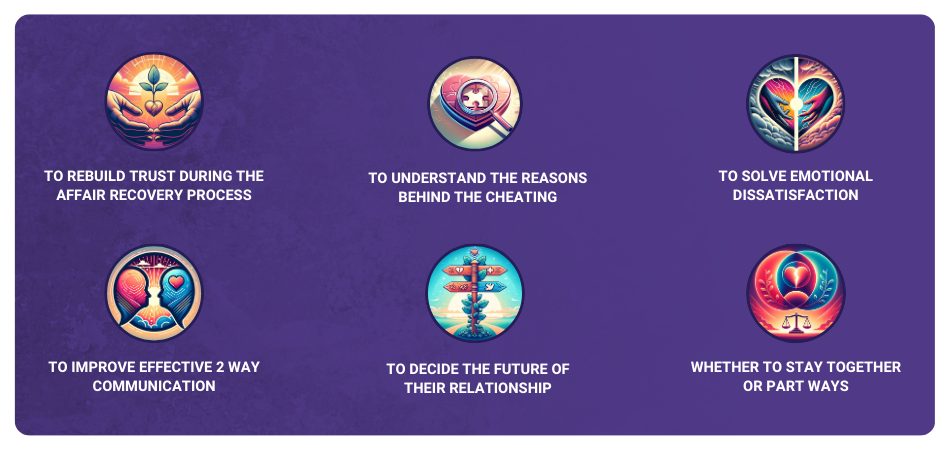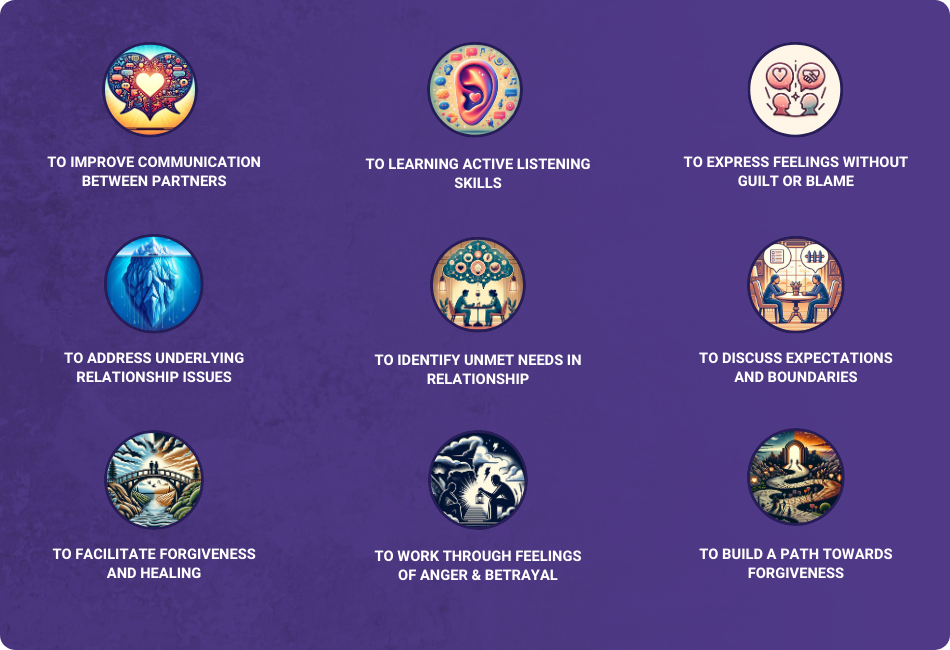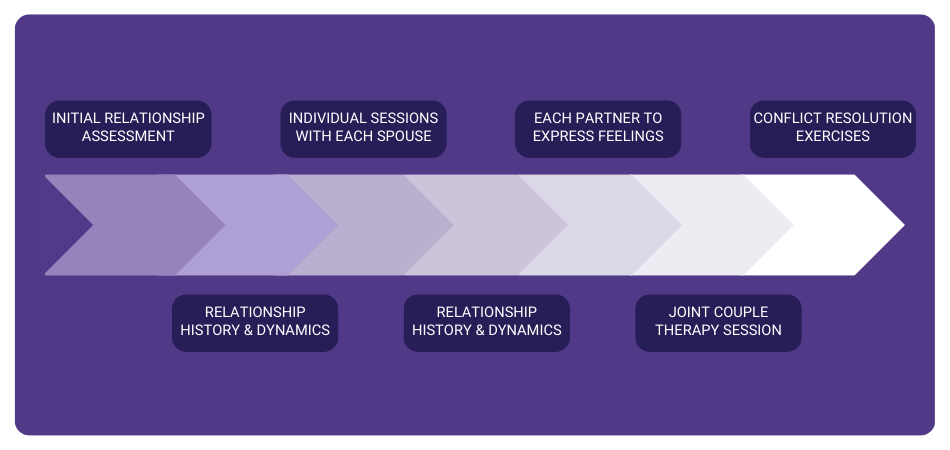If your struggling with relationship issues, please take our survey to see the severity
[gravityform id=14 title=false description=false ajax=true tabindex=100]
Couples Therapy After An Affair

Relationship counselling after one partner has cheated is often viewed as a final option, weighed down by the stigma of infidelity and the widespread belief that trust, once broken, cannot be mended. Despite these challenges, this form of counselling offers a direct and empathetic approach to healing. It stands out among other relationship therapies by providing specific strategies aimed at overcoming the unique hurdles faced by couples after cheating.
This counselling focuses on practical methodologies such as improving communication, rebuilding trust through exercises, and encouraging individual reflection to understand personal and mutual paths forward. It also prioritises emotional validation, creating a supportive environment that allows both partners to express their feelings safely and constructively.
The upcoming sections will delve into these approaches in greater detail. They aim to offer a comprehensive understanding of how couples therapy for cheating can serve as a powerful tool for couples striving to navigate the aftermath of infidelity and work towards reconciliation.
What is couples counselling for cheating?
Marriage counselling for cheating is a specialised form of therapy designed specifically to address the unique challenges that arise in the aftermath of infidelity in a relationship. It aims to provide a safe and neutral space where both partners can openly explore their feelings, delve into the reasons why an affair happened, and embark on a journey towards a healthy and honest relationship. This form of counselling is characterised by its focus on fostering forgiveness, improving communication, and resolving underlying marital problems that may have contributed to the infidelity.
Through a balanced combination of individual sessions and joint sessions, couples are guided by a trained therapist to communicate more effectively, restore trust, and make informed decisions about their future together. Whether it’s through enhancing communication skills, learning active listening techniques, or addressing personal and relationship grievances, couples therapy for cheating provides a comprehensive roadmap for couples seeking to overcome the betrayal and strengthen their bond.
Why do couples seek therapy after an affair happened?
Couples turn to counselling after experiencing infidelity to rebuild trust and delve into the underlying reasons behind why a sexual affair occurred. The act of betrayal often unveils deep-seated issues such as emotional dissatisfaction, lack of physical intimacy and a lack of communication, prompting a need for professional guidance. Counselling serves as a constructive platform where partners can express their feelings openly, identify unmet needs, and engage in discussions about expectations and boundaries for the future.
Moreover, this professional support aids couples in navigating the complex decision-making process regarding the future of their relationship, whether that entails staying together or parting ways. The overarching aim is to enhance communication, promote forgiveness, and facilitate healing. Through this process, couples are empowered to make informed decisions that prioritise both individuals’ well-being and the overall health of the relationship.
To rebuild trust after infidelity
Rebuilding trust is a fundamental goal in the wake of infidelity, focusing on developing new trust-building behaviours and establishing a transparent, honest foundation for the relationship’s future.
To understand the reasons why an affair occurred
Understanding why the cheating occurred is crucial for healing, involving an exploration of both partners’ perspectives and addressing any underlying issues contributing to the betrayal.
Emotional dissatisfaction
Addressing emotional dissatisfaction is key, as it often underlies infidelity. Counselling aims to identify and address these feelings, fostering a deeper emotional connection between partners.
Lack of communication
Improving communication is essential to resolving the root causes of cheating. Counselling provides strategies for effective communication, ensuring both partners feel heard and understood.
To decide the future of their relationship
Determining the future of the relationship is a critical step, where counselling helps couples weigh their options, considering whether to rebuild the relationship or amicably part ways.
Whether to stay together or part ways
The decision to stay together or separate is deeply personal. Through counselling, couples can make this decision with clarity and mutual respect, guided by a thorough understanding of their relationship’s dynamics.
What are the goals of couples therapy in cases of cheating?
The overarching goals of relationship therapy in the wake of cheating centre on healing the relationship and reinforcing the bond between partners. This involves:
- Improving communication, ensuring both partners have the ability to express their feelings and concerns in a manner free from blame.
- Learning active listening skills to cultivate empathy and understanding, essential components for rebuilding trust.
- Addressing underlying relationship issues, such as pinpointing unmet needs and openly discussing expectations and boundaries, to safeguard against future instances of infidelity.
- Facilitating forgiveness and healing, guiding couples through the complex emotions of anger and betrayal towards a pathway of forgiveness.
- Establishing a new foundation of trust, enhancing conflict resolution skills, and assisting both partners in making a mutual decision regarding their relationship’s future, ensuring it reflects the well-being and desires of both individuals.
To improve communication between partners
Improving communication is essential, focusing on creating open channels where both partners can freely share thoughts and feelings, thus enhancing the relationship’s transparency and trust.
Learning active listening skills
Active listening skills are crucial, enabling partners to truly hear and understand each other’s perspectives, fostering empathy and reducing misunderstandings.
Expressing feelings without blame
Counselling promotes expressing feelings in a manner that avoids blame, encouraging healthier exchanges of emotions and concerns, and facilitating constructive dialogue.
To address underlying relationship issues
Addressing underlying issues is pivotal for a lasting resolution, involving a deep dive into the relationship’s dynamics to identify and tackle the root causes of discontent.
Identifying unmet needs
Identifying unmet needs helps partners understand what each requires from the relationship, allowing for adjustments and compromises that cater to both individuals’ well-being.
Discussing expectations and boundaries
Having open discussions about expectations and boundaries is vital, setting clear guidelines for behaviour and interaction that respect both partners’ comfort levels and desires.
To facilitate forgiveness and healing
Facilitating forgiveness and healing is a primary objective, guiding partners through the process of moving past anger and betrayal towards understanding, acceptance, and forgiveness.
Working through feelings of anger and betrayal
Counselling provides a safe space for working through intense feelings of anger and betrayal, helping individuals process these emotions constructively.
Building a path towards forgiveness
Building a path towards forgiveness involves gradual steps of understanding, empathy, and communication, laying the groundwork for a renewed, stronger relationship foundation.
How does marriage counselling for cheating work?
Relationship counselling for cheating embarks with an initial assessment of the relationship, aiming to unravel its history and dynamics. This stage includes individual sessions that allow each partner to share their personal perspectives and emotions, ensuring a comprehensive understanding of the situation. The counselling environment is meticulously crafted to be a safe space, enabling both individuals to express their feelings openly and without judgment.
Following this, joint sessions are conducted to collectively address the issues at hand, with a strong emphasis on facilitating open and honest communication between the partners. Throughout this journey, the therapist plays a crucial role in guiding the couple through conflict resolution exercises, equipping them with the tools needed to navigate disagreements constructively and work towards the mutual goal of rebuilding their relationship. This structured approach is meticulously designed to tackle the root causes of infidelity, foster healing, and lay down the foundation for a stronger, more transparent partnership.
Initial assessment of the relationship
The process begins with an initial assessment to closely evaluate the relationship’s current state, paving the way for focused and effective interventions.
Understanding the history and dynamics of the relationship
Delving into the history and dynamics of the relationship is crucial for identifying underlying patterns and issues that may have led to the infidelity.
Individual sessions to understand personal perspectives
Individual sessions are held to ensure each partner can share their personal perspectives and emotions, fostering a comprehensive understanding of each other’s viewpoints.
Providing a safe space for each partner to express feelings
Counselling offers a safe space for partners to express their feelings openly, creating an atmosphere that promotes healing and understanding.
Joint sessions to address issues together
Through joint sessions, partners come together to collaboratively address issues, emphasising the importance of teamwork in the reconciliation process.
Facilitating open and honest communication
A major emphasis is placed on facilitating open and honest communication, allowing partners to convey their thoughts and feelings in a constructive manner.
Guiding conflict resolution exercises
The therapist actively guides conflict resolution exercises, equipping couples with essential tools to resolve disagreements constructively, thereby strengthening their bond.
What are the challenges in marriage therapy for cheating?
Relationship counselling for cheating encounters several hurdles, key among them being overcoming anger and betrayal, intense emotions that can significantly impede the healing journey. Managing intense emotions during sessions presents another considerable challenge, as these feelings can sometimes overwhelm both partners, complicating efforts towards constructive dialogue. A fundamental obstacle is rebuilding trust, given that infidelity deeply erodes the trust upon which relationships stand.
Instituting new trust-building behaviours demands time, patience, and mutual effort from both partners. Additionally, accepting responsibility for actions and acknowledging the impact of cheating on the partner are critical yet challenging steps for the cheating party. These challenges require a delicate, nuanced approach to counselling, emphasising the creation of a supportive environment where both partners feel empowered to work towards healing and reconstructing their relationship.
Overcoming anger and betrayal
Navigating through the anger and betrayal felt by the betrayed partner is essential for the healing journey, requiring time, empathy, and patience to effectively overcome these intense emotions.
Managing intense emotions during sessions
Managing intense emotions during counselling sessions is crucial for maintaining a productive dialogue. This challenge involves creating a safe space where emotions can be expressed constructively.
Rebuilding trust
Rebuilding trust stands as a central pillar in the recovery process, demanding consistent and sincere efforts from both partners to mend the foundation of trust shattered by infidelity.
Establishing new trust-building behaviors
Establishing new trust-building behaviours involves both partners actively engaging in actions that demonstrate their commitment and reliability, essential for fostering a renewed sense of security and confidence in the relationship.
Accepting responsibility for actions
The cheating partner’s acceptance of responsibility for their actions marks a critical step towards reconciliation, signifying genuine remorse and a willingness to mend the harm caused.
Acknowledging the impact of cheating on the partner
Acknowledging the impact of cheating on the betrayed partner is vital for validating their feelings and experiences, an important aspect of moving forward and rebuilding the relationship on a foundation of understanding and empathy.
What are the outcomes of successful couples counselling after cheating?
Successful couples counselling after cheating can lead to a stronger, more transparent relationship, underpinned by a new foundation of trust and improved conflict resolution skills. Through the counselling journey, couples learn to resolve disagreements constructively, fostering a healthier and more understanding dynamic between them. Moreover, this process enables both partners to make a mutual decision regarding the future of their relationship, ensuring it aligns with their individual desires and collective well-being.
Ultimately, successful counselling facilitates a shared understanding of what both partners seek from their relationship, laying the groundwork for a renewed partnership or a respectful separation, based on their mutual decision.
A stronger, more transparent relationship
Successful counselling leads to a stronger, more transparent relationship, where honesty and openness form the cornerstone, significantly enhancing the connection between partners.
Establishing a new foundation of trust
A pivotal outcome is establishing a new foundation of trust, where the relationship is rebuilt on solid principles of reliability and faithfulness, essential for moving forward.
Improved conflict resolution skills
Couples achieve improved conflict resolution skills, equipping them with effective strategies to address and resolve conflicts in a manner that strengthens rather than harms the relationship.
Learning to resolve disagreements constructively
An invaluable skill gained is learning to resolve disagreements constructively, ensuring that future disputes serve as opportunities for growth and understanding.
A mutual decision about the future of the relationship
Through counselling, partners are guided towards making a mutual decision about the future of their relationship, whether it entails staying together or parting ways in a respectful manner.
Coming to a shared understanding of what both partners want
Ultimately, couples arrive at a shared understanding of what both partners want from their relationship, aligning their goals and expectations for a harmonious and fulfilling future together.
Relationship Counselling Offers A New Beginning
In conclusion, couples therapy after one partner has cheated represents a beacon of hope for relationships cast into turmoil by infidelity. Through its empathetic, structured approach, it provides a pathway for healing, understanding, and ultimately, decision-making about the future.
By addressing communication breakdowns, facilitating emotional validation, and guiding couples through the complexities of rebuilding trust, this specialised form of counselling equips partners with the tools necessary for transformation. While the journey is challenging, marked by the need to navigate intense emotions and overcome deep-seated issues, the potential outcomes—ranging from a stronger, more transparent relationship to a respectful parting of ways—underscore its value.
Successful couples therapy doesn’t just aim to patch up a relationship; it strives to reimagine it on a foundation of mutual respect, understanding, and renewed commitment. For couples willing to embark on this demanding yet rewarding path, therapy after cheating offers not just a second chance, but a new beginning.






